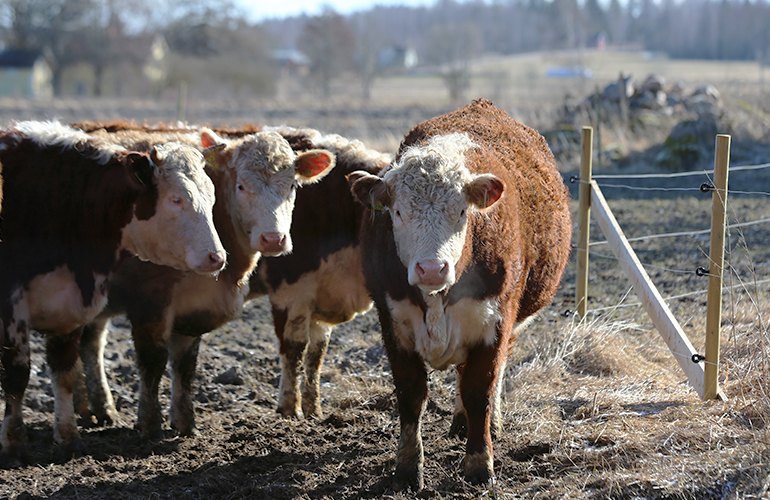On Brazilian President Jair Bolsonaro’s 100th day in office, an international coalition of NGOs – including a group representing more than 300 Brazilian indigenous groups – have called for the European Union (EU) to end its "complicity in the assault on indigenous rights and the destruction of the Amazon." According to Fern, an EU based forests and rights NGO, deforestation rates in the Amazon have risen since President Bolsonaro became the leader.

According to a new Fern briefing, “100 Days of Bolsonaro, Ending the EU’s role in the assault on the Amazon“, details the rate of which “environmental laws have been eroded, and land grabs and attacks on indigenous communities have accelerated” since President Bolsonaro became the leader of the world’s fourth-largest democracy on January 1, 2019. In January 2019, deforestation in the Amazon reportedly rose by 54 percent compared to the same month in 2018.
Soy and beef driving Brazilian deforestation
The EU provides a huge market for Brazilian soy and beef, which NGO’s say drive deforestation and human rights abuses in Brazil on a vast scale. The EU is also Brazil’s second largest trading partner, and together its Member States is Brazil’s largest source of foreign direct investment (FDI).
The coalition is calling for tough new EU laws guaranteeing that products sold in the EU do not cause deforestation and human rights abuses in Brazil.
The EU already has laws to stop illegally logged wood, illegally sourced fish and conflict minerals entering its markets. The unfolding destruction in Brazil shows the glaring need for similar laws for agricultural goods. The EU must clean up its [agricultural] supply chains, make them transparent, and use its enormous economic leverage to reduce the threat Brazil’s Indigenous Peoples face, said Nicole Polsterer, Forests and Consumption campaigner at Fern.
Sônia Guajajara, coordinator of Articulação dos Povos Indígenas do Brasil (APIB) which represents more than 300 Brazilian indigenous groups, reinforced this call for EU action.
The first 100 days of Bolsonaro’s presidency are the latest chapter in a long war of attrition against Brazil’s Indigenous People. The crimes that are being committed today are happening in the name of agricultural production. The EU must not evade its responsibility for this. The EU must use its consumer power to ensure our rights are protected and our forests are preserved, Guajajara said.
As well as a new EU law preventing commodities being sold on the EU market which have caused deforestation or the violation of human rights, the briefing also calls the EU to use its economic leverage to protect Brazil’s forests and Indigenous Peoples, by:
- Suspending its talks for a comprehensive Free Trade Agreement with the Mercosur trading bloc – of which Brazil is the largest and most powerful member – until Brazil renews its commitment to the Paris Climate Agreement, and the deal’s Sustainability Impact Assessment is released publicly and its findings taken into account. The Mercosur deal should also include binding, enforceable provisions to end deforestation and respect customary tenure rights.
- The European External Action Service (EEAS) should strengthen the implementation of the EU Action Plan on Human Rights and Democracy and include more proactive consultation with Brazilian civil society organisations. The EU should also monitor and respond to human rights violations and strengthen human rights defenders’ protection mechanisms. For those most at risk, including Indigenous Peoples and environmental defenders, the EU should provide direct, urgent support where required, including through political representations.
Perrine Fournier, Fern’s Trade and Forests campaigner, said that signing the Mercosur trade deal as it stands, would exacerbate an already dangerous situation.
The EU says it supports values based trade. Bolsonaro is the litmus test for this. Signing the Mercosur deal as it stands would mean renouncing the EU’s commitment to end deforestation by 2020, sacrificing indigenous rights and forests on the altar of trade, Fournier said.


